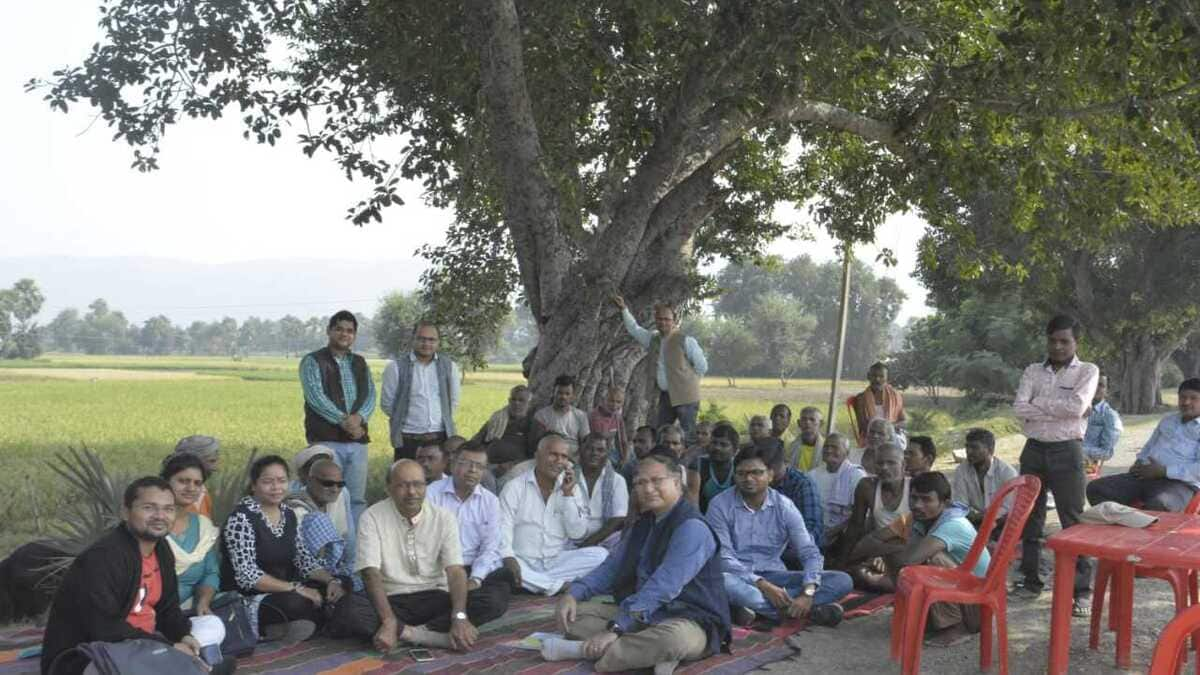Nagaland University study: Farmers’ engagement key to water management
Gauri Mittal | July 7, 2025 | 04:24 PM IST | 2 mins read
Nagaland University research on South Bihar villages reveal that Aquifer Storage and Recovery succeeds only with farmers’ sustained participation, ownership

A Nagaland University study has found that community engagement of farmers is crucial for water management initiatives like ‘Aquifer Storage and Recovery’ (ASR). The findings, published in the peer-reviewed journal Societal Impacts, are based on research conducted across different villages in South Bihar.
The research team examined rural and resource-constrained areas, where land-ownership disparities create socio-economic divisions that affect access to water resources.
Also read Nagaland University researchers study Dhansiri river pollution levels, offer reforms
The study revealed stark contrasts between communities. In Meyar village of Nalanda district, farmers showed a “high degree of ownership” with regular cleaning and upkeep of the recharge structures. They relied on benefit sharing and community engagement, which led to the success of the pilot project.
At the same time, farmers in Nekpur village were sceptical about ASR’s advantages and did not take part in the structure’s maintenance. This led to the ASR falling into disuse.
Nagaland University research: Farmer hesitation
The Nagaland University study noted that though ASR was much cheaper than borewell investments, costing at USD 400 per recharge pit, farmers were hesitant to invest.
The ASR initiative continues to target medium and large farmers to create community trust on the water management technology.
The research was funded by the Australian Centre for International Agricultural Research. The paper argues that in order to be successful, ASR requires sustained social engagement combined with technical implementation and design changes.
Also read Nagaland University to launch UG programme in basic sciences starting 2025-26
The research on sustainable water management was conducted by Prabhakar Sharma from Nagaland University, Aviram Sharma, senior researcher, University of Vigo, Spain, Somnath Bandyopadhyay, independent consultant, Som-Vrddhi Consulting, Anurag Verma, researcher, Energy and Resources Institute, New Delhi, and Rahul Kumar Sinha, PhD student, Kyoto University, Japan.
Talking about the groundwater management study, Prabhakar Sharma said: “We highlight that ASR can alleviate water stress and enhance agricultural resilience but its long-term viability depends on farmer-led ownership, institutional incentives for peer-led governance, and targeted policy interventions.”
Follow us for the latest education news on colleges and universities, admission, courses, exams, research, education policies, study abroad and more..
To get in touch, write to us at news@careers360.com.